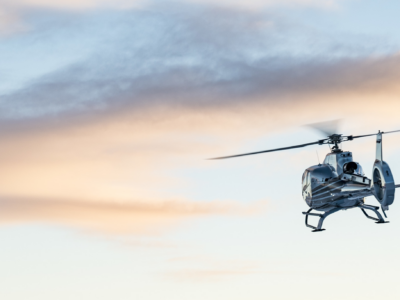
Airspace security. Shoot down or not? Part II
Every state ensures the safety of the airspace extending over its territory. A major challenge and potential threat can be posed not only by airspace violations by foreign military aircraft, but also by civilian aircraft, which are also likely to behave against air traffic rules.
The events of 11 September 2001 have shown that civil aircraft can also pose a potentially serious threat. Indeed, civil aviation is the most rapidly growing and most dangerous mode of transport, in terms of the number of passengers carried and the frequency of aviation accidents (incidents). For decades, it has also been an attractive target for terrorists.
The hijacking of an aircraft with its passengers is a shocking act as such and triggers a complex crisis response machinery. The situation becomes much more complex when the effect of the hijacking is to destroy the aircraft or cause the death of those on board. At the top of this peculiar escalation ladder are cases where a hijacked aircraft becomes a tool in the hands of terrorists for use against important military, political or economic facilities – Piotr Dudek, Director of the New Technologies, Defence & Aerospace Department at TGC Corporate Lawyers explains to Skrzydlata Polska magazine.
The article is available in the Skrzydlata Polska volume 03/2024 in Polish only.
Learn more: Airspace surveillance. Shoot down or not? Part I
Aviation law & defence – see how we can help!
See also
TGC Corporate Lawyers
ul. Hrubieszowska 2
01-209 Warszawa
Polska
+48 22 295 33 00
contact@tgc.eu
NIP: 525-22-71-480, KRS: 0000167447,
REGON: 01551820200000. Sąd Rejonowy dla
m.st. Warszawy, XII Wydział Gospodarczy




